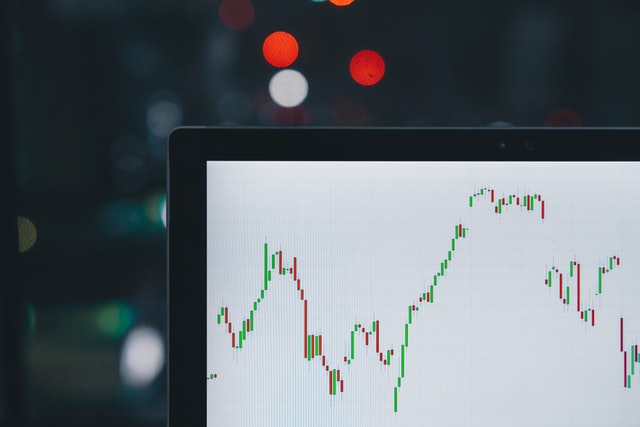5 Common Mistakes In Forex Trading
The foreign exchange market is undoubtedly one of the largest and most popular worldwide, with traders attracted to it for several reasons. Unlike other markets that trade with stocks, shares, and securities, the forex market is highly liquid, opens from Monday through to Friday round the clock, and you can buy or sell from any part of the world.
Moreover, the stability of the forex market enables brokers to offer leverage on deals, which is an excellent thing because you as a trader can borrow against your capital.
Furthermore, it is also a highly volatile market, which explains why it is slightly complex, especially for those starting to master everything. Because of this, some traders rush in with the hope of making quick profits but only end up making blunders that cost them much more than they imagined. In this article, we look at the most common mistakes made by forex traders.
1. Emotional Trading
Psychology is a crucial element that takes center stage for doing almost anything, and forex trading is no exception. It plays a massive role in your trading performance irrespective of whether you are a novice or a seasoned trader. Many traders think that the most devastating psychological emotions are fear and greed.
However, other emotions such as lack of confidence and enough trust in your trading strategy, overconfidence that leads to bias, desire, conviction, excitement, loss aversion, and risk mitigation also affect your trading performance.
Emotional trading is, in most cases, unavoidable. However, if you follow a trading plan, use proper trading techniques and mechanics, avoid sloppy trading, practice more, avoid calculating your profits or losses while still trading, and know when to stop, you can help to control your emotions.
2. Not Having a Trading Plan in Place
Even though forex trading is challenging, especially to novices, any trader can make it easier by developing a trading plan. A comprehensive trading plan is a framework that helps to guide your trading decision-making in each position you take. Acting without a plan will usually result in losses, so take the time to sit down and draw a set of guidelines to govern your trading and money management methods before you enter any position.
It is important to note that a trading plan is not a trading strategy. A trading strategy should be part of your trading plan. Besides capturing your trading strategy, your trading plan should also include your motivation and goals, trading journal, rules on money management, trading psychology, risk management techniques, and the amount of money you are willing to lose on a trade.
3. Not Carrying Out Adequate Research
A common mistake many new traders make is failing to carry out enough currency market research. The potential profits offered by trading forex are what mainly attract novices to the currency exchange market. However, failure to carry out enough research on a market that is so dynamic and constantly diversifying is a huge mistake and can result in immense financial loss.
Some of the dynamics that affect the forex market include politics, economics, time zones, and other market fundamentals. Carry out enough research to help you stay on top of potentially market-moving events by reading frequently and widely. Learn how to control your finances by reducing losses to maximize your profits and discover the driving forces behind your chosen currency pair.
4. Herd Mentality
Following the herd instead of relying on your own initiative is another common mistake many traders make. In some instances, going with the crowd can work in your favor, especially in the short term. However, with time, mimicking, following or relying heavily on the actions of other traders can harm your trading performance, leading to losses.
Moreover, following the crowd for all your trades prevents you from improving your trading habits and skills. Start to form your own trading opinions and stick to your trading plan.
5. Failure to Manage Risk
The high volatility, a unique characteristic of the forex market, leads to certain risk levels. One of the mistakes some traders make is not determining their take-profit and stop-loss levels before entering the trading market.
Failure to manage risks effectively prevents you from knowing how much you expect to earn from your current position and how much you are willing to forfeit as a loss. Learn when to let go and when to keep trading to avoid any disappointments.
Wrapping up
Unavoidably, forex traders make blunders, especially those new to the market and making their first trades. However, being aware of some of the most frequent missteps will help you plan better, minimize your blunders, and ultimately improve the amount of money you make.



